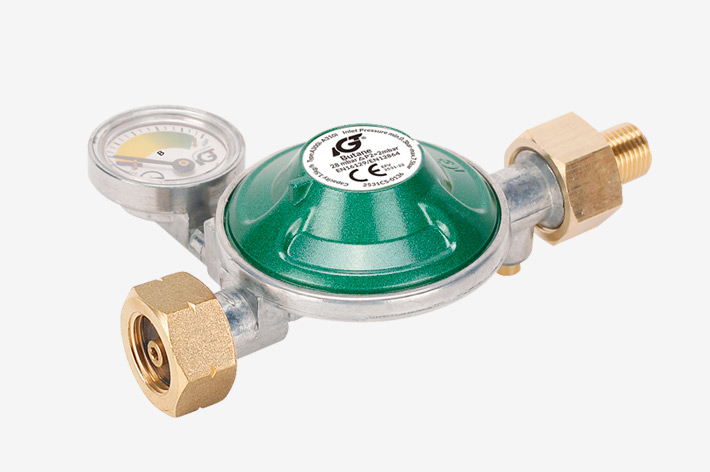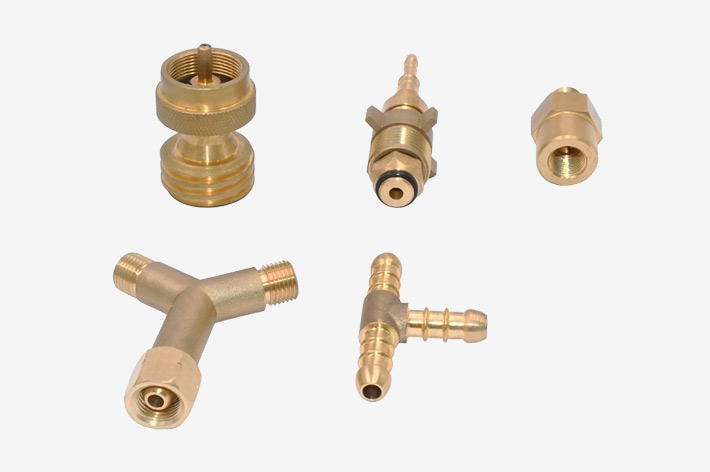Rubber is a general term for all polymeric elastomers. The American Society for Testing and Materials ASTM defines rubber as a material that recovers its deformation quickly and strongly under large deformations and is capable of being modified (vulcanized). It has an extremely wide range of applications, like tires, vibration damping, sealing, and construction ...... where the application in the gas industry is even more indispensable.
Rubber exists mainly in the form of raw, plastic, blended and vulcanized rubber, as well as recycled, pure and master rubber, etc. Rubber materials are widely used in the town gas industry due to their good elasticity and impermeability, and are mostly applied in hoses, gaskets, gas meter diaphragms and other applications. Civil gas hose is divided into a variety of structures, materials and crafts, the most common are rubber gas hose, metal clad hose, and stainless steel corrugated hose, among them, rubber gas hoses are cheap and have also a long history of application, and they are still popular today.
The service life of the rubber gas hose
The service life of a rubber gas hose cannot be generalized, because there are many factors that affect it. Apart from encountering sharp objects cutting, insects and rats gnawing, fire and water scalding, stretching creep, etc. and other accidental factors, the main damage factor is the natural ageing and corrosion of the kitchen environment, leading to oxidative degradation or structural reaction.
The characteristic of rubber gas hose.
The most important rubber gas hose characteristic is high-temperature resistance, then acid and alkali resistance and other characteristics.
The replacement of the rubber gas hose
Gas rubber hose can be determined as "18 months" or "2 years" service life, but only according to the manufacturer's recommended service life, and reference to the use of the environment and use methods, especially to observe the actual state (for example deformation, brittle, hardened, cracked, mould, light, sticky, mould, light loss, sticky, and discolouration, etc.), to decide whether to be scrapped or not.

 中文
中文 






